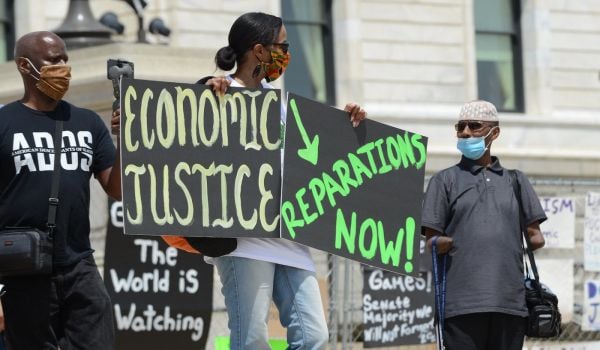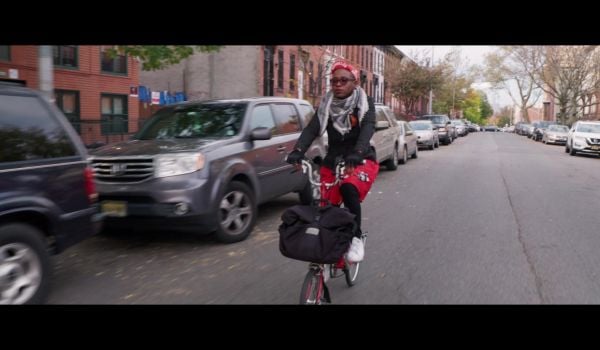For some California drivers, a simple traffic fine can quickly turn into jail time. The state has some of the highest traffic tickets in the country — a red light ticket can become a nearly $800 offense — and those who can’t afford to shell out that kind of money can end up losing their licenses and getting booked into country prison.
A new report from the Lawyers’ Committee for Civil Rights of the San Francisco Bay Area (LCCR), an organization that provides civil legal aid for low-income residents and people of color, highlights the disproportionately negative impact these costly fines have on LCCR clients. The report, “Paying More for Being Poor: Bias and Disparity in California’s Traffic Court System,” says that in a state where almost 80 percent of commuters get to work by car, and 5.2 million jobs require daily driving, losing a license can lead to job loss and economic crisis.
California uses its steep fines as a revenue source. For years, the state legislature has created add-on fees to traffic citations to raise revenue without having to raise taxes, causing a $100 stoplight ticket to become a $490 ticket, three times the national average for a similar citation. And if the driver can’t pay on time, the state tacks on another $300 — one of the most expensive late fees in the nation. People can also be issued tickets and have licenses suspended over non-driving violations, like jaywalking or loitering.
The report points to a number of local studies — in Fresno, San Diego and Sacramento — that have shown that black and Latino people are more likely to get pulled over for a traffic stop and to be detained or receive citations for non-observable offenses. In the Bay Area, black drivers are up to 16 times more likely to be booked into county jail as a result of a driving or traffic offense. Latino drivers are four times more likely.
In an interview with NPR, Elisa Della-Piana, the legal director for the LCCR, said she sees parallels between policing problems in California and in Ferguson, Missouri.
“That’s a city that was making its money by fining its primarily black residents,” Della-Piana said. “We like to think in California that we’re doing things differently, but our report shows that in nine Bay Area counties, black people are four to sixteen times more likely to be booked into county jails, to be the ones arrested, for a charge that’s related to failure to pay … . I think we have to acknowledge that racial bias in policing is a problem everywhere.”
In addition to negatively impacting people of color and the poor, the state’s approach doesn’t pan out for them economically, as Latinos represent the largest ethnic demographic, and taxes generated by employed people with cars is worth more than the cash collected from tickets. The authors argue: “If California changes its policy and stops suspending licenses for failure to pay, economists estimate that the state would generate $70 million-$140 million in additional tax revenue from people who would be able to work, or make more income, if they had a license. Additional related fiscal benefits to the state could include more sales tax revenue and reduced need for public benefits programs.”
The report praised the state’s traffic amnesty program, which, until April, allowed low-income people to pay fines proportional to their salaries. The state found that when fines were lower, more revenue was generated because people were able to pay incrementally, rather than in one giant lump sum. It expired last month.
The report also endorses two bills: SB 185, which seeks to end driver’s license suspensions based on inability to pay fines and direct courts to base fines on ability to pay, and AB 412, which would put an end to the $300 late fee for those who can’t afford to pay their tickets.
Kelsey E. Thomas is a writer and editor based in the most upper-left corner of the country. She writes about urban policy, equitable development and the outdoors (but also about nearly everything else) with a focus on solutions-oriented journalism. She is a former associate editor and current contributing editor at Next City.

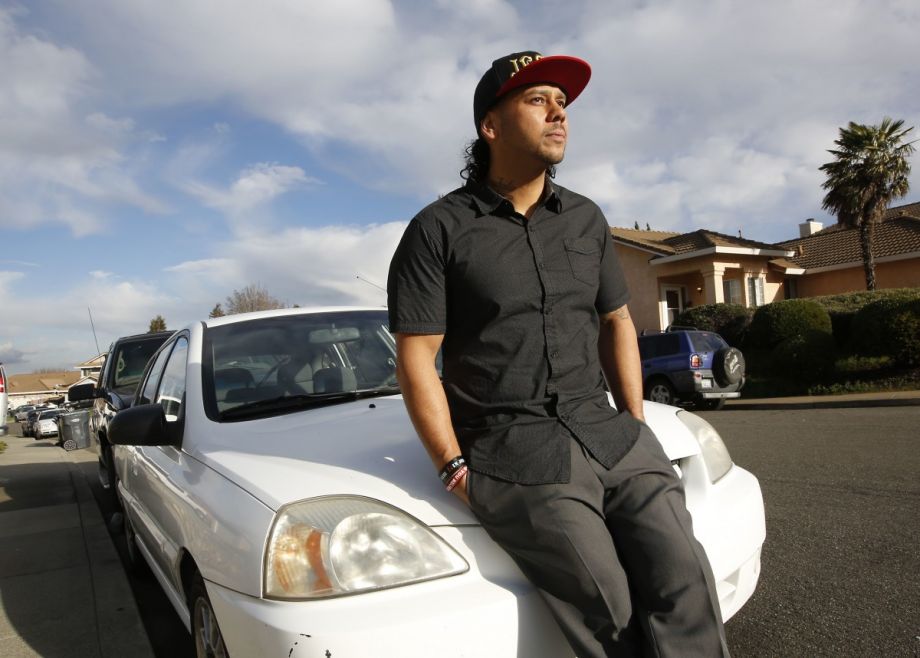

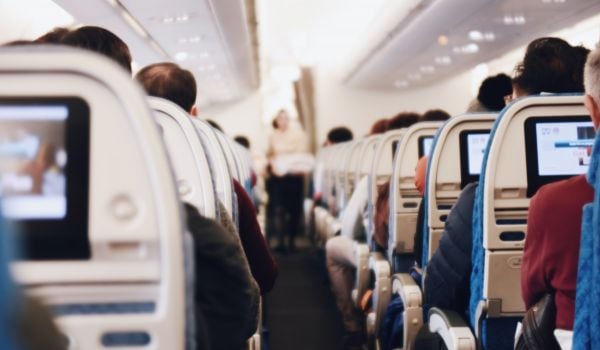
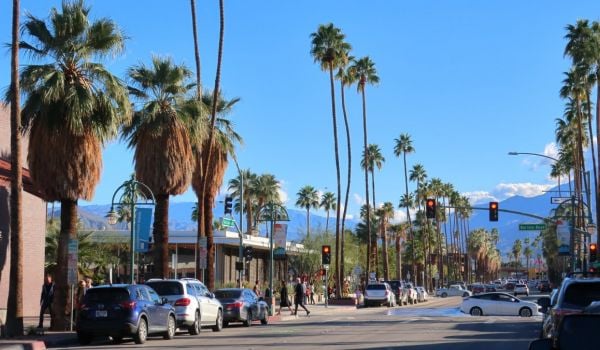

_600_350_80_s_c1.jpg)
